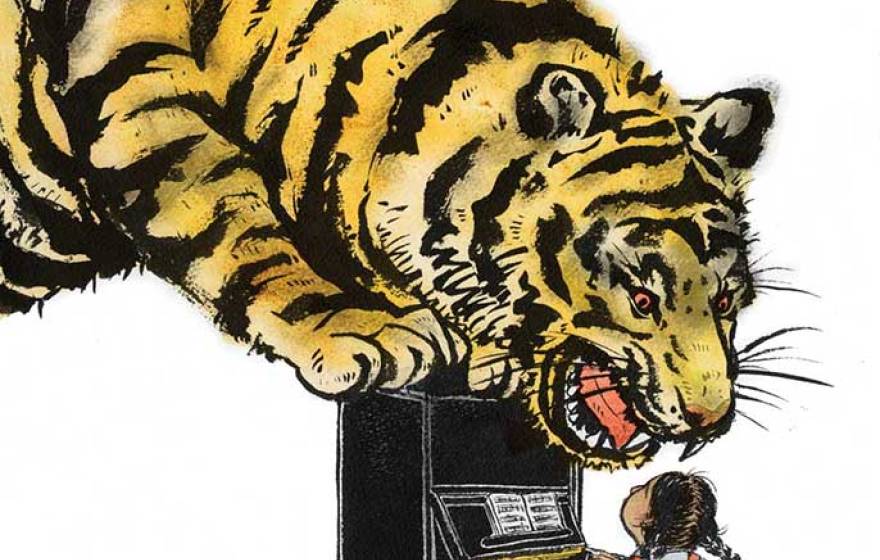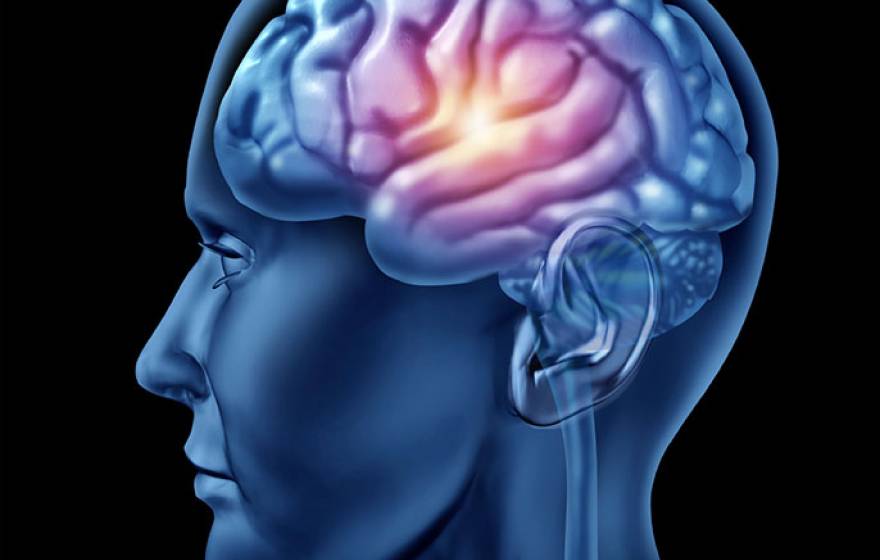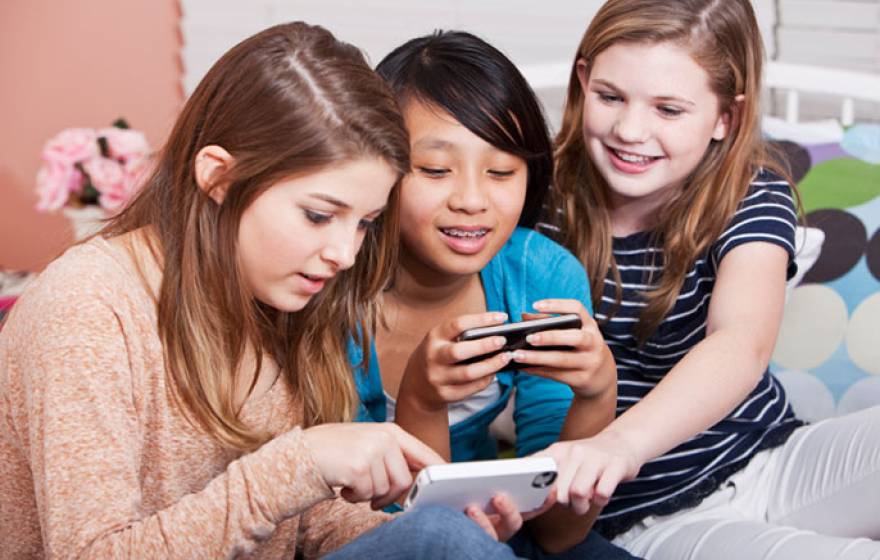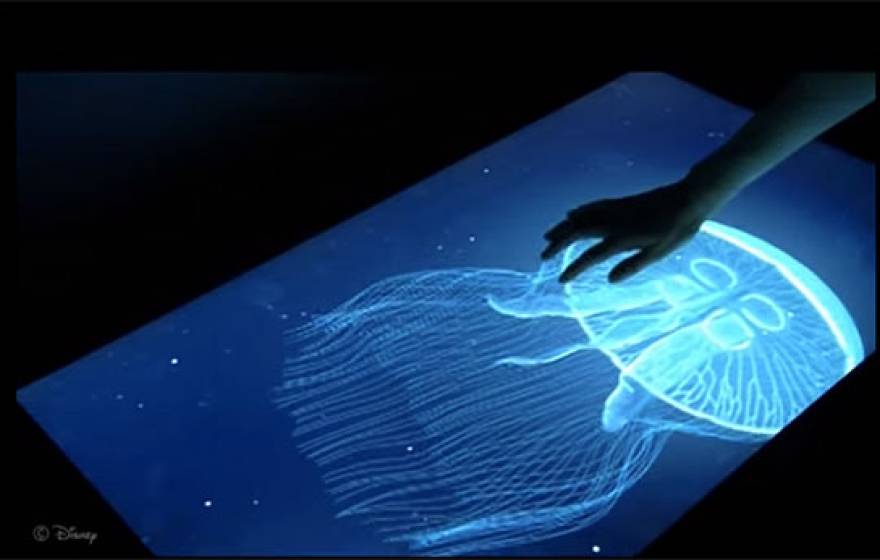UC Riverside |
Hold on, Tiger Mom
Research refutes the idea that the traditional, strict “Chinese” upbringing, advocated for in the book “Battle Hymn of the Tiger Mother," is superior.
UC San Diego |
Brain 'dimmer switch' influences mood disorders
Researchers pinpoint control mechanism for an area of the brain that processes sensory and emotive information that humans experience as “disappointment.”
UC Santa Barbara |
The universal face of anger
You know that look of fury. Researchers now believe it's part of our basic biology as humans.
UCLA |
In sync and in control?
UCLA social scientists find that marching in unison makes men feel more formidable.
UCLA |
Are young people losing the ability to read emotions?
Children’s social skills may be declining as they spend less time in face-to-face interaction due to their increased use of phones and other digital media.
Greater Good Science Center |
What makes a happy parent?
Are parents really less happy than non-parents, as many recent books and studies suggest? New research finds that the truth is surprising and complicated.
UCLA |
Three of four California children with mental health needs don't get treatment
Barriers to care persist, despite fact that 95 percent have health insurance.
UC San Diego |
Dog jealousy: study suggests primordial origins for the green-eyed monster
A dog's fit of jealousy likely has deep, primordial roots, according to UC San Diego research.
UC Riverside |
Wide-faced men negotiate nearly $2,200 larger signing bonus
UC Riverside study finds men with wider faces are successful negotiating for themselves, but not so when it comes to compromise and collaboration.
UC Santa Barbara |
This is your brain on drugs
With a $1 million award from the Keck Foundation, scientists at UC Santa Barbara will research who could be more vulnerable to addiction.
Berkeley Wellness |
How posture and gestures affect state of mind
Most are aware of the mind-body connection — how mental processes can affect a person's physical state. But what about the reverse? Berkeley Wellness reports on how body position, even facial expressions may influence how we think, feel and behave.
UC Berkeley |
Blind lead the way in brave new world of tactile technology
People are faster at navigating tactile technology when using both hands and fingers, and the vision impaired have an advantage over those with sight.









